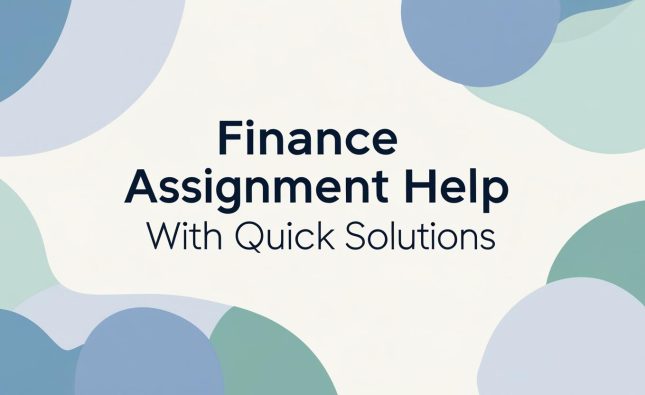
As inflation rates continue to rise, investors around the world are beginning to feel the effects of this economic phenomenon. Inflation can significantly impact the value of investments and savings, and understanding its impact is crucial for anyone looking to secure their financial future.
Inflation refers to the general increase in prices of goods and services over time. As inflation rates increase, the purchasing power of money decreases, which means that the same amount of money can buy fewer goods and services than before. This can be particularly damaging for investments that rely on long-term growth, such as stocks, bonds, and real estate.
One of the primary impacts of inflation on investments is the reduction in the real value of returns. For instance, if an investment generates a 5% return in a year where inflation is at 3%, the investor’s real return is only 2%. In other words, the purchasing power of the investment has decreased by 3%.
Another impact of inflation on investments is that it can lead to changes in interest rates. As inflation rises, central banks may increase interest rates to combat its effects. This, in turn, can affect the performance of various investments, such as bonds and stocks, and can also lead to changes in borrowing rates.
Investors can take steps to protect their investments from the effects of inflation. One way is to invest in assets that are expected to rise in value at a rate that is higher than the rate of inflation. This includes stocks in sectors such as technology and healthcare, real estate, and commodities such as gold and oil.
Another way to protect investments from inflation is to invest in inflation-protected securities, such as Treasury Inflation-Protected Securities (TIPS). These securities are specifically designed to protect investors from the effects of inflation by adjusting their returns based on changes in the Consumer Price Index (CPI), which is the benchmark for measuring inflation.
It’s important for investors to remember that inflation is a normal part of any healthy economy, and while it can have a negative impact on investments, it can also create new opportunities for growth. By understanding how inflation affects investments and taking steps to protect against its effects, investors can secure their financial futures and capitalize on potential opportunities.
In conclusion, as inflation continues to rise, investors need to be aware of its impact on their investments and take proactive steps to protect their portfolio. While there is no guaranteed way to avoid the negative impact of inflation, investing in assets that have historically performed well during inflationary periods, such as stocks, real estate, and commodities, can provide some level of protection. Moreover, investors can also consider inflation-protected securities, such as TIPS, to further safeguard their investments.










